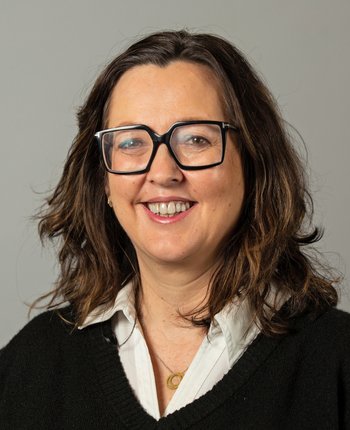Monday 22nd July 2024
While Sam is away on her summer break, I’m temporarily stepping in to cover the blog. As we see a glimmer of hope that the weather may be less damp, I’m assuming many of you are in the same boat – either off on your holidays or covering at work for those on theirs.
On Friday 12th July, we hosted over 60 Heads of Service in Birmingham for a day of updates, presentations and networking. The agenda was arranged to hopefully address some concerns, conversations and comments the Board has been hearing over recent months. We listened to updates on the work BAA has been doing, including a trailer for the hotly awaited new Scope of Practice document. Ruth Vickerstaff discussed a review of feedback from trainees to investigate what makes a good placement and how to keep your students and new staff happy.
There was a practical and incredibly useful update following the recent Head of Service webinar about innovative ways of dealing with long waiting times. This was particularly inspiring, as Board Directors Laura Turton, Michelle Foster and Susannah Goggins presented ideas both small and large scale. There was something for everyone in there that could make a difference.
Some of you may have been involved in the project led by Ruth Thomsen about hearing checks in residential schools. Ruth gave an update on the next steps – implementation of the project, and how departments can now get involved.
After a lunch spent catching up, networking and following up on the ideas from the morning, the talk where most phones were up in the air taking photos was Keiran Joseph delivering the Joy of Audit. It can be really hard to know where to begin, as we are all told to assure ourselves of the quality of the services being delivered. Keiran, some may say surprisingly, made what can be a dry subject informative, memorable and accessible.
The day ended with a session from Janet Monkman from the Academy for Healthcare Science. She focused on how we can all look after our own wellbeing, whilst delivering services in extremely challenging times and whilst looking after the team. This is work BAA will continue to develop with Janet, as we know that our members often struggle to find appropriate wellbeing support from Trusts, Boards and employers.
It just so happens that on the 12th July, in honour of the late Michael Mosely, the BBC declared it “Just One Thing Day” after his successful podcast. I would urge everyone who attended the Heads of Service day to try and implement just one thing they heard. Managing the challenges the profession faces currently can be overwhelming – start with changing just one thing.
Normal service will be resumed in a fortnight, with Sam back in charge. As ever, you can contact me or any of our board directors here: admin@baaudiology.org
Take care
Claire
BAA Vice President

